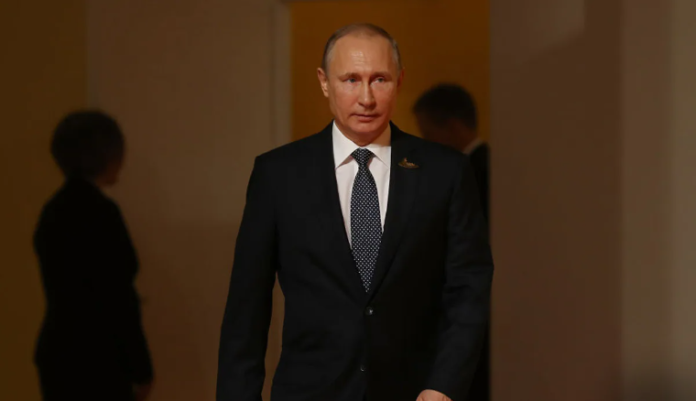Russia has taken a secondary position during the conflict between Israel and Hamas, focusing on its actions and communications with China rather than making statements about Israel or Hamas.
Despite some suspicions and allegations already made, there is no evidence that Moscow directly contributed to the conflict that began on 7 October on the part of Hamas.
President Joe Biden defiantly travelled to Israel as part of intensive US shuttle diplomacy in the Middle East, at the same time that Russian President Vladimir Putin ten days later made a call to Israeli Prime Minister Benjamin Netanyahu. Shortly thereafter travelled to Beijing. At the UN, Russian officials deplored the civilian casualties and demanded a ceasefire on humanitarian grounds.
However, Russia continues to be the kind of state that benefits from any situation. The regional chaos threatening Israelis and Palestinians with devastation and desolation, the forthcoming Israeli operation, the endless clashes not only on Israeli territory showed how much the Western attitude is vulnerable. The conflict with Ukraine, plans in the Middle East and the global narrative war with Western states – Russia stands to gain from the protracted conflict. With little effort, Vladimir Putin is getting his way.
For example, events in Gaza are turning Western politicians and the public’s attention away from the crisis in Ukraine. Having waged a stubborn counter-offensive and been subjected to relentless Russian bombing, Ukraine is now forced to share the airwaves with Israel and the Palestinians. Western publics have begun to suffer from “Ukraine fatigue”, real enough before 7 October, will increase further.
Mr Biden made a commitment that the United States could support the security needs of both Israel and Ukraine, and is requesting that Congress allocate $105 billion to support both. However, in the end, Israel may need weapons now lacking in Ukraine, including armed drones and artillery shells. Who will get US military?.. In addition, the conflict in Gaza could derail the Biden administration’s efforts to normalise relations between Israel and Saudi Arabia.
Russia should be pleased with the emergence of a new and challenging conflict for the U.S., draining the strength of its adversaries. The collapse of talks between Israel and Saudi Arabia benefits Russia not only in the sense that America is in difficulty, but also in that Moscow has its own plans for nuclear cooperation with Saudi Arabia; Russia also hopes to prevent the emergence of an Arab-Israeli defence partnership against Iran, which is becoming an increasingly close partner of Russia.
Moscow’s position on the conflict is as follows: the Kremlin has not been unequivocal about the conflict, not calling the 7 October attack “terrorism” and blaming Western political mistakes for worsening. Sentiments of this nature are in line with public attitudes in much of the Middle East.
In the Russian media, the demonstration of Palestinian suffering in Gaza takes centre stage; Russian officials stress humanitarian concerns, demanding a speedy end to the conflict or, at the very least, the speedy release of all civilians who should not suffer in any way in the two sides’ conflict. Moscow’s attachment to the Palestinian cause is not new, but the Kremlin has begun to express it more openly.
Supporting Ukraine over the past 600 days, now supporting Israel in its conflict with Hamas – these are the two conflicts Western officials have tried to convince the rest of the world that the global order is under threat and democratic values are at risk. But while Israel and Hamas are being dragged into a whirlwind of violence, the West is far from winning the battle of narratives. The conflict in Ukraine has been sidelined, US-led diplomacy in the Middle East is in disarray, and the West and the rest of us face each other over a chasm of mutual misunderstanding.
